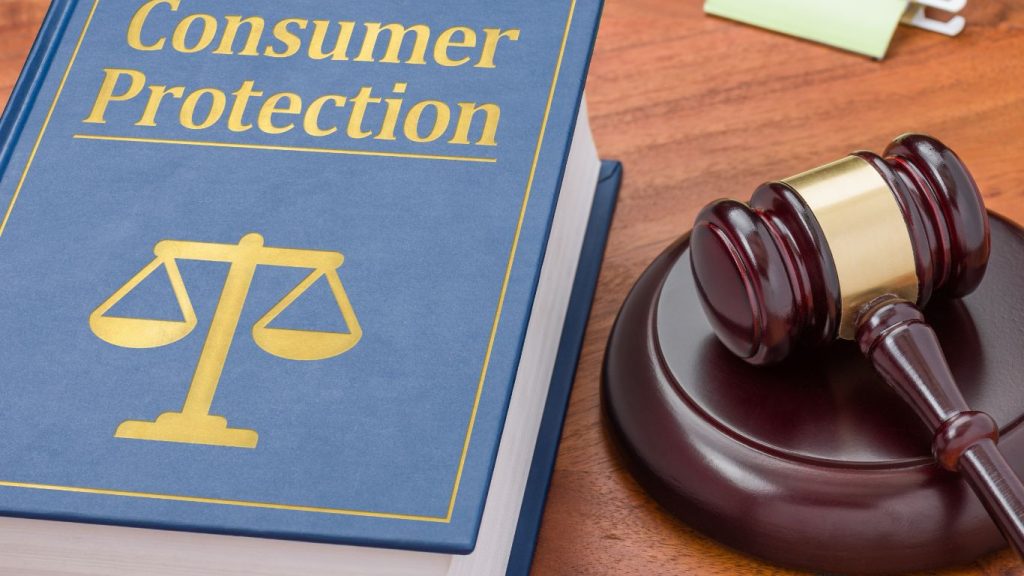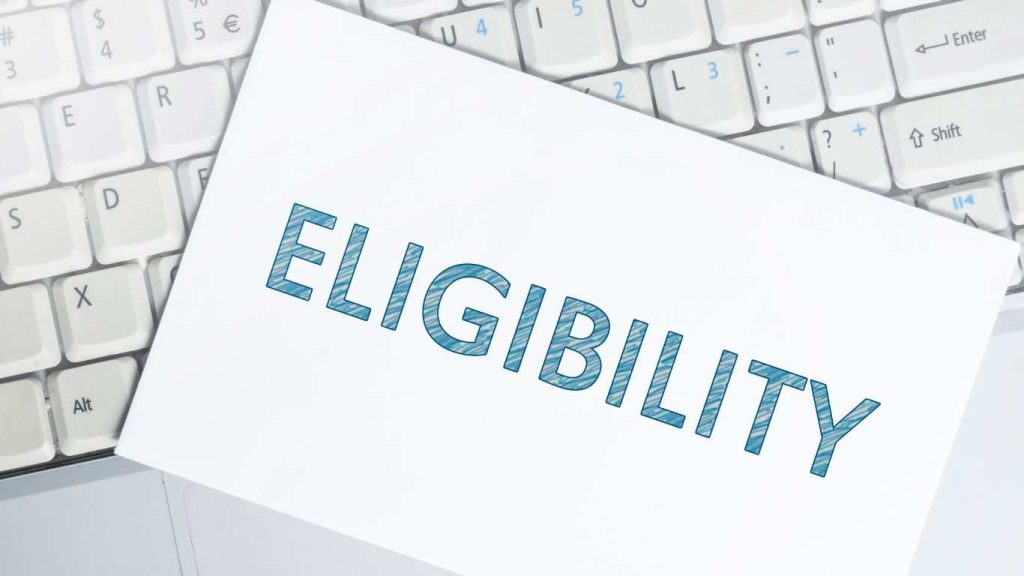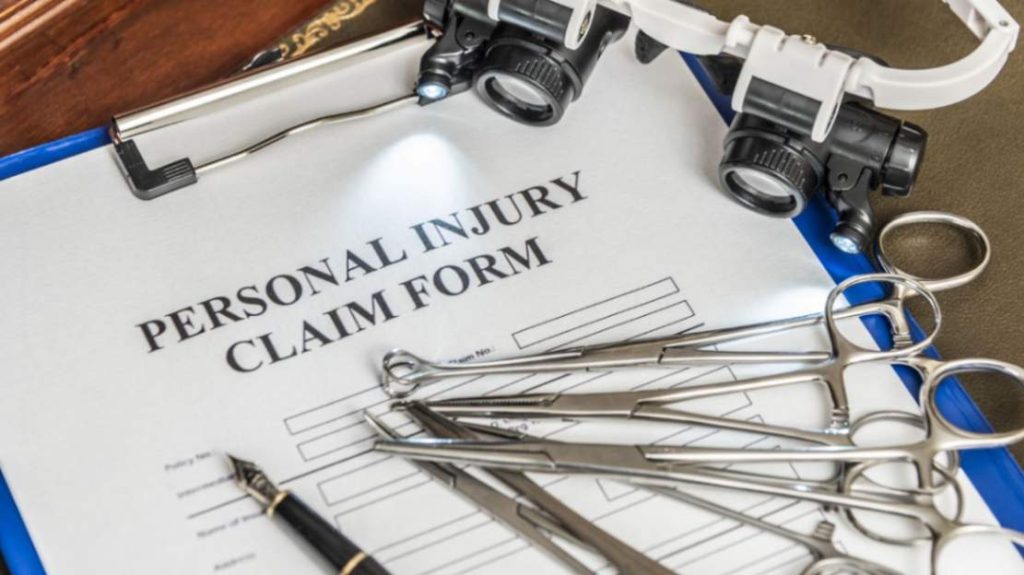Personal injury settlements in a class action can feel like diving into the deep end of a legal pool. Class action lawsuits often involve the resolution of claims of multiple individuals against a defendant(s) for injuries sustained due to similar circumstances. These arise when a group of people has negative experiences and possibly has been harmed due to the actions or negligence of a company, organization, or entity. Learn more here about personal injury settlements in a class action lawsuit.
Identifying a Class Action Lawsuit
A class action lawsuit is filed on behalf of a group of individuals who experienced the same or similar damages that a single at-fault party caused. Hundreds or even thousands of claims are gathered against the company. And each member of the class is represented by the same lawyer.
Seek legal assistance if you know that you have a class action situation. If you are not sure how to identify your case as a class action, consult a lawyer. They ensure you get all the relevant info you would need in this context, and help with the right sources.
Advantages of a Class Action Lawsuit

● Work together with other complainants even against a giant company.
● Receive a fair proportion of settlement or jury verdict.
Class Action Lawsuit: When is it Appropriate?
Participating in a class action lawsuit may be suitable in various scenarios. As long as people have experienced harm or incurred damages due to the defendant’s actions or negligence, it is qualified for a class action. Here are various scenarios where participating in a class action might be appropriate.
Harm or Negligence
When a group of individuals has been harmed or injured as a result of the same wrongful conduct. This may include consumer fraud, defective products, environmental pollution, etc. Visit ConsumerShield to properly identify the situation and determine if it has caused harm or negligence. Joining a class action allows the complainants to seek redress for their injuries.
Financial Fraud
These are cases where individuals have suffered financial losses due to unlawful practices. They may join a class action to help recover their losses. Responsible parties will be held accountable for their actions.

Employment Discrimination
Employees who have been subjected to discrimination, harassment, or wage violations by their employer may join a class action. This will help address systemic issues. They can also seek compensation for unlawful employment practices.
Employees who have been subjected to discrimination, harassment, or wage violations by their employer may join a class action. This will help address systemic issues. They can also seek legal assistance to pursue compensation for unlawful employment practices.
Product Liability
A defective product causes injury or harm to multiple consumers. Individuals can pursue claims and seek compensation against the manufacturer, distributor, or retailer responsible for the defective product.
Consumer Rights Violations

Join a class action if you have been deceived or misled by a company or organization. Holding the defendant accountable will prevent any future misconduct.
Class Action Lawsuit: Different Stages to be Familiar With
Class action lawsuits are complicated processes for those who do not have the knowledge and experience with the law. Though each case may differ, here are the general stages to be familiar with.
Initiate the Filing of a Lawsuit: A class action litigation starts with filing the initial lawsuit. Lawyers are the ones who often initiate class action lawsuits on behalf of the class. A plaintiff is selected to represent the class. This individual experienced similar harm or damages due to a legal matter. The most common cases for a class action are product liability or unfair business practices.
Get a Class Certification: Once the filing of the lawsuit is done, the court decides if it complies with the requirements and conditions for class certification. The certification determines that the number of complainants is sufficient and they all share common legal claims.
All Class Members are Notified: If the class is certified by the court, all members are notified. The class action is also published in different media outlets.
Allow Class Members to Opt In or Opt Out: Once notified, all class members have the option to participate in or decline their involvement in the class action lawsuit. Most of them often choose to push through with the legal case.
Negotiate a Settlement to Reach a Fair Agreement: The class can proceed to settlement negotiations once members have opted in or out. This allows concerned parties to come to a mutually agreeable resolution. The negative experiences of the complainants will be discussed and considered. The court will proceed to review the proposed settlement and determine its fairness.
Proceeding to a Trial of a Class Action Lawsuit: There are instances when an agreement is not reached. In this case, the class can decide to proceed to a trial. The plaintiffs at this stage need to present their case to a judge and jury.
Class Action Lawsuit: What are the Eligibility Requirements?

No minimum number of complainants is required to initiate a class action lawsuit. But there are eligibility requirements to consider. The eligibility requirements will often vary depending on the details of the case. The laws in the jurisdiction where this case is filed will also affect the requirements. In general, complainants must be able to show evidence of the harm or damages that they have experienced due to the actions of the defendant.
Join a Class Action Lawsuit
Those interested in learning about joining a class action lawsuit are advised to work with a lawyer who is experienced in handling similar cases. Never hesitate to seek legal help if you believe that you have been wronged in any way.
People who join a class action case can gather their resources, split the costs of the lawsuit, and be stronger when going after their claims against the defendant(s). Anyone can use class actions to fight for their rights. This way, they can get justice for themselves and others in the same situation.

